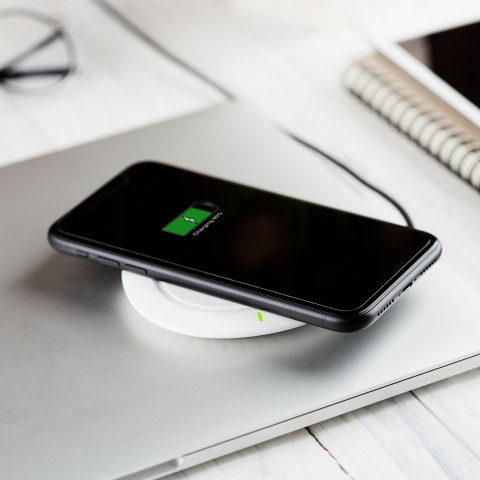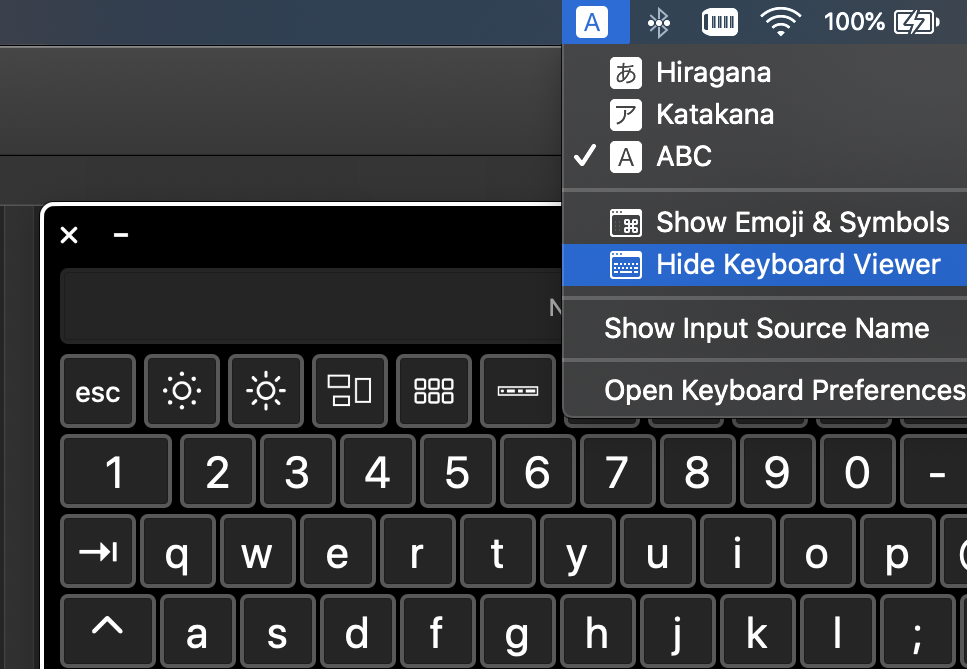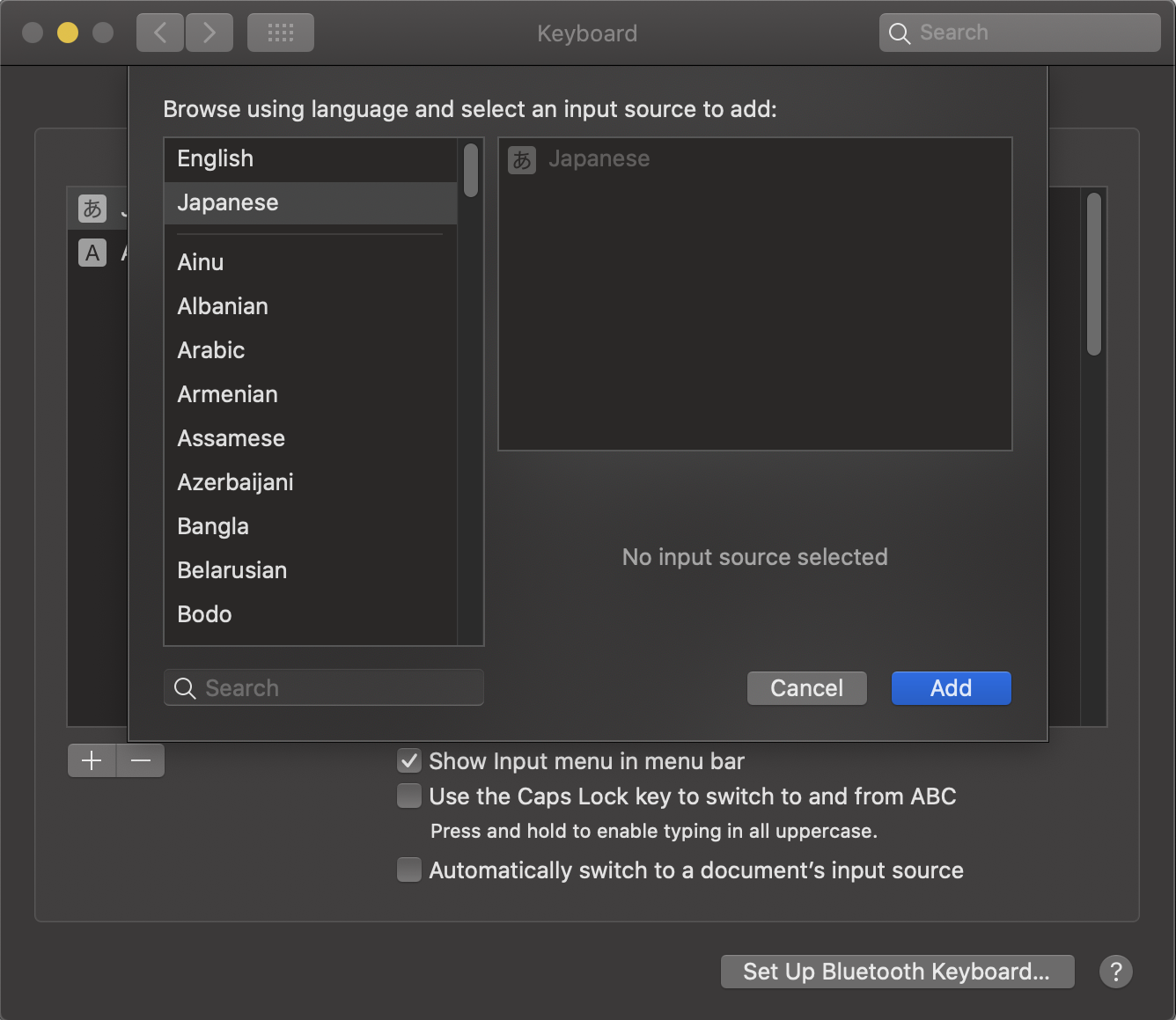
Everyone agrees: Learning a foreign language is an amazing (if hard) and fulfilling process. By learning to speak, understand others, and think in a language different from our own, not only do we add a new skill to our repertoire, but we can also change the way we see the outside world and our relationship to it.
Now for the question at hand: How long does it take to learn Arabic, and is it worth it?
Well, consider the fact that there are more than ten words for “love” in Arabic—and over 100 words for “camel”! I mean, these facts will certainly have an impact on the way you think about your love life…and about those amazing desert creatures!

Learners of Arabic would all love to dedicate endless hours to studying the language and all its nuances. But, in our society, time is money and reality can be quite different.
Due to these time constraints, it makes sense to look for the fastest and easiest ways to learn a language so that we can start using it as soon as possible…maybe to find a better job, to travel, or to speak with a loved one.
We would all like to know exactly what time commitment we’re looking at, so that we can make plans and have expectations…
The truth is, however, that there’s no one best way to learn Arabic—and above all, there’s no set timetable for it!
Everyone learns in a different way, and how quickly you can learn depends on a wide range of factors.

In this article, we’ll look at some of the factors that will affect your learning and how to learn Arabic efficiently to reach your goals as fast as possible.
 Table of Contents
Table of Contents
- Experience
- Learning Style
- Approach
- How Long Does it Take to Achieve Beginner/Intermediate/Advanced Level?
- How Our Website Can Help
Experience
One of the most important factors that governs how long it takes to learn Arabic (or any language) is your personal experience with languages.
The Language(s) You Speak
What is your native language? And what other foreign languages do you speak?
Yes, this will actually make a difference in how fast you learn Arabic. If, for example, you already speak Hebrew or Amharic (which are Semitic languages, like Arabic), you’ll learn much faster than you would as a native English speaker. Also, if you speak French, it will be easier to learn Arabic dialects that borrow heavily from French, such as Moroccan Arabic and Algerian Arabic.
If, however, you’re a native speaker of any Indo-European language, you’re in no luck… Arabic is considered one of the most challenging languages to learn.
Don’t worry, though. This doesn’t mean it’s impossible, just that it’s a good challenge.
So get down to it!

Your Previous Language Learning Experience
Another essential aspect to take into consideration is your previous experience in language learning.
Have you ever studied another language before?
If you already speak a foreign language fluently, or were raised bilingual, it will probably be easier and faster for you to learn Arabic. Several studies have shown that bilinguals are able to learn a third language with more ease because they’re naturally more used to being exposed to a new language.
Even if you’re not bilingual, having studied and learned another language might help, even if we’re just talking about high school French. Being accustomed to memorizing words and looking at different letters and symbols is a good skill that your language-learning mind will remember.
So, the skills that you develop in one language will actually help you gain fluency in another, even if the two are completely unrelated!
Your Previous Grammar Knowledge
One of the first steps you should take is to find out how the language works. This means knowing and understanding its structure and grammar.
If you already have experience studying syntax and grammar, even if it was only in your native language, it will make it easier and quicker for you to study the grammar and syntax of another language.
So, it’s always a good idea to gain some grammar foundations if you plan to start learning Arabic (or any other language).

Learning Style
The way you learn and study is another essential factor in determining how long it will take you to become fluent in Arabic.
Your Methods
If you limit your learning and studying to a classroom setting, even if you attend every day, it will probably take you longer to feel confident using your language skills.
Try to expose yourself to Arabic outside the classroom and you’ll substantially reduce the time you need to learn it!
Try reading the news, watching movies and series in Arabic, or listening to Arabic podcasts about topics that interest you. Of course, finding a language-exchange partner to practice your conversation skills with will also be very useful and make you fluent faster!
Your Time
There’s another aspect we haven’t yet mentioned, but it’s the most important one when determining how long it takes to learn Arabic: the time you spend studying it!
If you want to learn fast, it goes without saying that you’ll need to dedicate as much time as you can to studying.
Daily practice is an ideal setup, and research has proven that learners who can dedicate an hour a day to learning—whether memorizing new words, studying grammar rules, or watching a series on Netflix—learn significantly faster than those who only attend classes.

And of course, if it’s an option for you, full immersion is best. If you can travel to an Arabic-speaking country and live there for a short (or long) period of time, that will make a big difference!
Approach
Another key factor that will determine how fast you learn Arabic is your approach. It can really make a huge difference!
Your Motivation
It’s no secret that staying motivated is essential for learning any new skills, and this is all the more true for foreign languages.
Why do you want to learn Arabic?
Try to have this clear in your mind and, for maximum efficiency, set weekly (or even daily) goals that remind you of it. This will help you stay motivated so that your interest in learning does not fade.
Your Attitude
Keeping your motivation up will help you feel like you’re learning more easily and quickly, and it will be essential for maintaining a positive attitude during your language learning journey!
To see learning as a fun and interesting activity that you’re choosing to do, rather than a chore you’re forced to do, is key.
Remember: Learning a foreign language will open your mind and your horizons, and give you a great set of skills you’ll be able to use in your day-to-day life.
When you think about it this way, the process will be more enjoyable and much quicker!
How Long Does it Take to Achieve Beginner/Intermediate/Advanced Level?
So, let’s get to the point.
Even if it’s hard to say for sure, we’ve tried to make an estimate as to how long it might take you to reach different levels of Arabic (beginner, intermediate, and advanced).
For English speakers, Arabic may be one of the most difficult languages to learn, but that makes it all the more exciting and rewarding!

Beginner
A beginner speaker of a language will be able to introduce themselves, understand simple sentences when spoken slowly and carefully, and ask basic questions (probably making some mistakes along the way).
If you just want to be able to greet people and order a meal, you can get by with the basic reading and speaking skills you gained achieving this level.
FSI learning timeline findings estimate that, to achieve the beginner level in Arabic, you’ll need approximately 700 hours of study. This means that if you dedicate about 15-20 hours a week to learning Arabic, you’ll achieve this level in about 8 months.
Intermediate
At the intermediate level, you’ll be able to engage in most everyday conversations (if spoken slowly) and ask questions as needed to make sure you understand. This level will also allow you to read the news and watch videos in Arabic without major problems. If you’re traveling, you’ll be able to have interactions with the locals about familiar subjects, as well as ask for and follow directions.
To reach an intermediate level, it’s estimated you’ll need 1000-1200 hours of study time (including classes, homework, and practice time).
If you’re serious about learning Arabic fast and are motivated, you can do this in about a year by dedicating at least 20 hours a week to studying.
Advanced
If you want to achieve fluency, this is what you’re aiming for. With advanced language skills, you’ll be able to navigate any kind of situation that may arise in your daily life and have complex conversations with native speakers.
You’ll be able to watch films without subtitles and read all kinds of books in Arabic. You’ll basically be fluent (even if there will always be something more to learn about this intricate and beautifully complex language).
It’s estimated that for an English speaker to learn Arabic properly, at least 2200 hours of Arabic classes are required. This means that, if you want to speak Arabic fluently in a year, you’ll need to study it full-time.
If you’re not in a rush, you can learn the language in about two years with around 20 hours a week dedicated to studying and practicing.
That said, all these timeframes are estimates and one’s language learning progress really depends on many different factors.
How Our Website Can Help
What are you waiting for? The best time to start learning a new language is now!
The sooner you start learning, the faster you’ll start speaking Arabic and achieve your language goals!
On ArabicPod101.com, you’ll find all kinds of language learning content to make your journey smooth and easy to navigate: lessons for all levels, vocabulary lists, a dictionary, blog posts, etc.

How long it takes to learn Arabic mainly depends on how much time you’re willing to dedicate to it.
Our Arabic courses and resources are specifically designed to offer you all the right tools to learn the language as quickly and easily as possible, so you can know that you’re spending your precious time well!
Whether you’re a beginner looking for a full-immersion approach or an advanced speaker who just wants to refine your skills, you’ll definitely find what you’re looking for here.
Before you go, let us know in the comments if this article helped you. Do you feel more prepared now to take on the challenge of learning Arabic? We look forward to hearing your thoughts!













 Table of Contents
Table of Contents
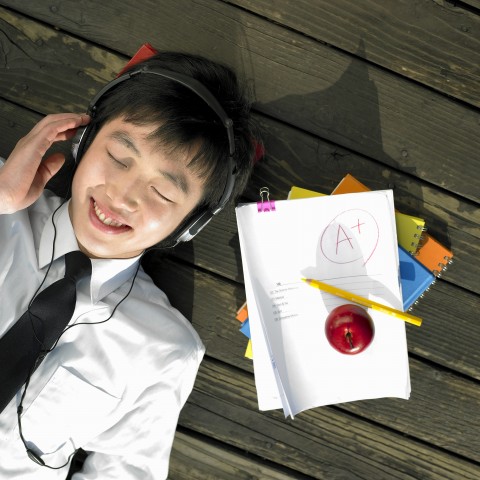


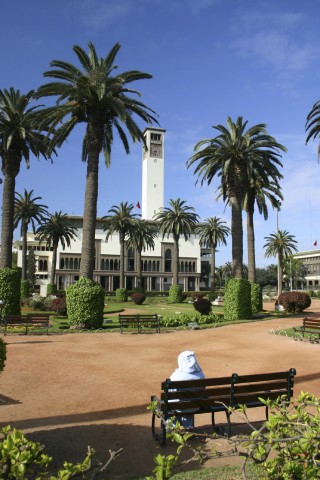





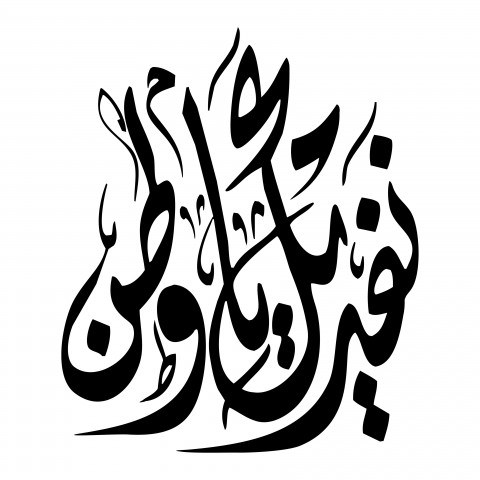


 Table of Contents
Table of Contents
